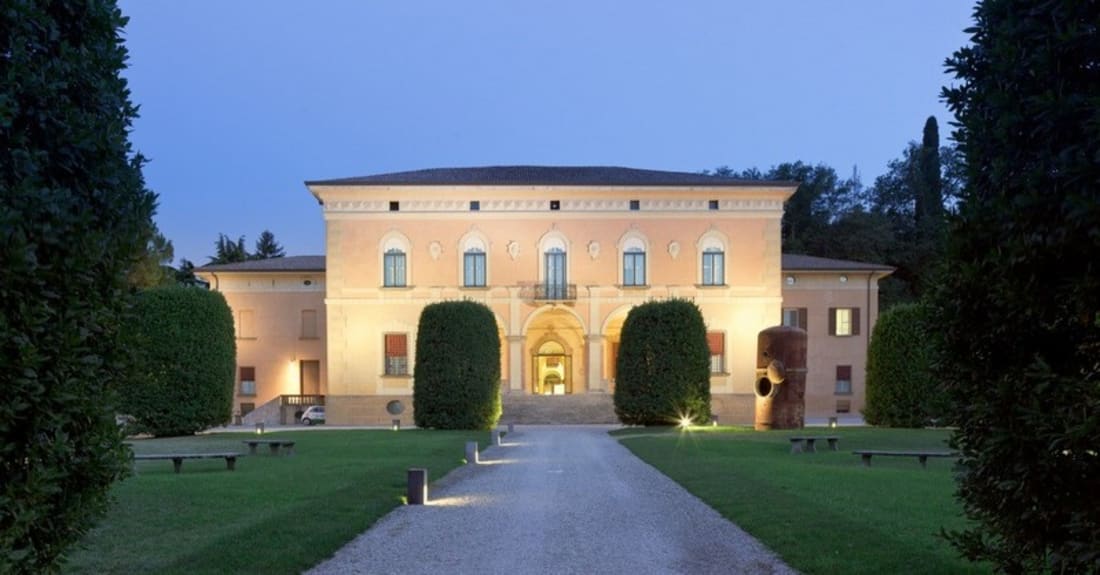Study MBA in Italy 2024
Study in Italy
Earning a Business Degree in Italy
As a member of the European Union, Italy has an higher education system that follows the standards of all EU schools and includes the Bologna Process framework. Primarily consisting of state-run and public universities, Italy's tertiary education system also offers post-secondary schools for students desiring a vocational rather than academic education.
After earning a Master's degree in Italy, students may enroll in a Grandes ecoles, or "Superior Graduate School" that awards recognized international and national titles such as the Diploma di Perfezionamento (doctorate) or the Doctor Philosophiae (Ph.D). Employment opportunities for holders of postdoctorate business degrees typically involve working for a university as a researcher or instructor.
Bachelor degree programs focusing on business and finance typically culminate with students completing a capstone course that involves researching business concepts and principles learned in previous courses and integrating them into a case-study research project.
Length of Programs and Tuition Fees
Tuition fees vary among universities. Depending on a student's financial status, tuition fees may be waived or scholarship can be granted.
A Bachelor in Business can take about three or four years to complete. The more desirable Master of Business Administration (MBA)requires an additional year or two of coursework before the degree is awarded.
Why Study for a Business Degree in Italy?
As a member of the EU, Italy presents many viable employment opportunities for business majors earning degrees in International Business, Business Administration and European economics. In addition, the flourishing tourist industry offers lucrative entrepreneurial possibilities for business majors seeking to start their own company.
Change currency
Basic monthly living cost
Rent in a shared flat
408Share of utilities
66Internet subscription
28Local transportation
35
Sample lifestyle cost
Fast food combo
9Cinema ticket
9Pint of local beer
5
About Italy
Officially known as the Italian Republic, Italy lies in the southern most part of Europe and borders Austria, Switzerland, Slovenia and France. Sardinia and Sicily are two Mediterranean Islands considered part of the Italian Republic. Italy is home to two sovereign states--the Vatican City and San Marino, which are politically known as "enclaves" within the country of Italy.
One of the world's most economically developed countries, Italy is also a major tourist attraction among other European countries and enjoys the prosperity made possible by this type of industry. In addition to the fascinating city of Rome, Italy also attracts millions of visitors each year by providing access to such historically significant sites as the ruins of Pompeii, the Coliseum in Rome, the leaning Tower of Pisa and the Catacombs of San Callisto.
Visa Requirements
- Visa type C: Short-stay visa or travel visa valid for one or more entries and for a period not exceeding 90 days.
- Visa type D: Long-stay visa valid for more than 90 days.
What type of Visa do you need?
Visa name
Visa type C; Visa type D
Price and currency
USD 70
The fee for a student visa to Italy is typically around 50-70 USD. The fee may be subject to change.
Who can apply for the visa?
EU/EEA students can enter Italy with a valid passport or an ID card and are entitled to complete a degree in Italy without a visa for as long as they wish. These students must, however, register with the Questura (police station) within 8 days from their arrival, in order to obtain a residence permit.
Non-EU students are required to obtain a student visa prior to entering Italy. For study more than 90 days you will then need to apply for a residency card (permesso di soggiorno) at the local post office within the first 8 days of arrival in Italy. This along with your visa will allow you to stay in Italy for the duration of your studies. There is a fee associated with the residency card.
Citizens of some non-EU countries do not require a visa to stay and study in Italy for a period of up to 90 days.
You can find an overview of these countries here: https://www.immigrationworld.com/italy/how-to-apply-for-italy-student-visa/
Where can you make the application?
Italian embassy or consulate
You need to apply for your student visa at the Italian embassy or consulate in your country. You will also need to have an interview at the embassy or consulate.
How to make the application?
After you have received the letter of acceptance or letter of admission for your intended course of study, you can check your eligibility for obtaining an Italian student visa and then go ahead with the visa application procedure. You will need to present the following documentation:
- Entry visa application form; you can find it at
http://vistoperitalia.esteri.it/Moduli/it/Formulario Visto Nazionale.pdf - Recent passport-size photograph;
- Travel document valid for at least three months after visa;
- Enrollment or pre-enrollment in a university course;
- Proof that you have accommodation in Italy;
- Proof that you have financial support (at least € 448,07 per month for the academic year, a total of € 5824,91 per year);
- Adequate insurance coverage for medical treatment and hospitalization;
- Proof of the availability of the financial means needed for repatriation;
- Proof of adequate knowledge of Italian or English according to the language of the program;
- If the student is a minor, they must have the consent of expatriation signed by each of the parental authorities, or in their absence, by the legal guardian.
When should you apply?
You should apply for an Italian student visa at least three months before your planned arrival to Italy. The processing of your visa application may take between 1–3 weeks. You should schedule your visa interview around four to six weeks in advance.
The length of the student visa depends on the length of your course.
Processing time
3 Weeks
Work opportunities
If you are from the EU, you are allowed to work in Italy without the need for a work permit. Working hours should not exceed 20 hours a week during the semester. You can only work full time during the holidays between semesters.
International students from outside the EU will need to apply for a work permit at a local immigration office in Italy. First, you need to have a signed employment contract and show a copy at the immigration office.
Hours per week
20
Why do you need this type of visa?
Your visa application may be rejected if you are not able to show proof of the required funds, or if you provide incorrect or incomplete documents.
Institutions
- SPEGEA Business School
- UET University School Of Tourism (Scuola Universitaria Europea per il Turismo)
- Fondazione CUOA


